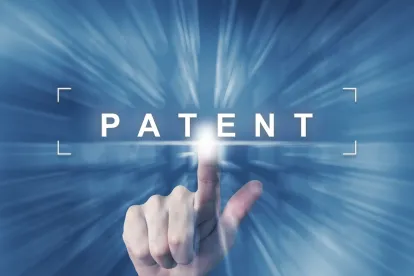Massachusetts governor Charlie Baker vetoed proposed legislation intended to combat assertions of patent infringement made in bad faith against state businesses and residents. The proposal was included as part of a $1.15b economic development bill (S.2625), portions of which Baker signed into law on August 10. According to MassLive.com, Baker explained in a letter to lawmakers that the patent troll reform section “is not narrowly tailored and is likely to have unintended consequences for Massachusetts residents, companies, and educational institutions.”
The relevant section of the bill–titled Chapter 93M, Bad Faith Assertions of Patent Infringement–focused on the conduct of so-called “patent trolls.” Typically, these entities are patent-holding organizations that make baseless infringement claims and seek licensing fees, without making or selling any product that incorporates the patented technology. The language of 93M would have made it illegal to assert patent infringement in bad faith, and enables those aggrieved to bring an action in superior court.
The bill provided a set of factors that a court may consider when determining whether an assertion of infringement was made in bad faith. These factors include, among others:
- whether the demand letter failed to contain sufficient information relating to the patent and factual allegations of infringement;
- whether the asserting entity failed to conduct an infringement analysis with respect to the target’s products or technology prior to sending the letter; and
- whether the license amount put forth by the asserting entity is not based on a reasonable estimate of the value of the license.
The legislation also detailed factors that a court could have considered as evidence that the assertion was not made in bad faith, including evidence that the asserting entity made a substantial investment in the use of the patent, production or sale of a product or item covered by the patent, or R&D or manufacturing activity that exploits the patented technology. In addition, the fact that the asserting entity is a university, a related technology transfer office, or a non-profit organization could have been considered by a court as evidence that the allegation was not made in bad faith.
Finally, the bill provided for the award of equitable relief, damages, and costs/fees to a prevailing plaintiff–including exemplary damages in an amount equal to $50,000 or three times the total of damages, costs, and fees, whichever is greater.
Although Governor Baker did not sign off on the proposal, he did indicate a desire to have the legislature revisit the idea in the future to “draft a more focused solution to this problem.” The text of Chapter 93M can be found here.



 />i
/>i

